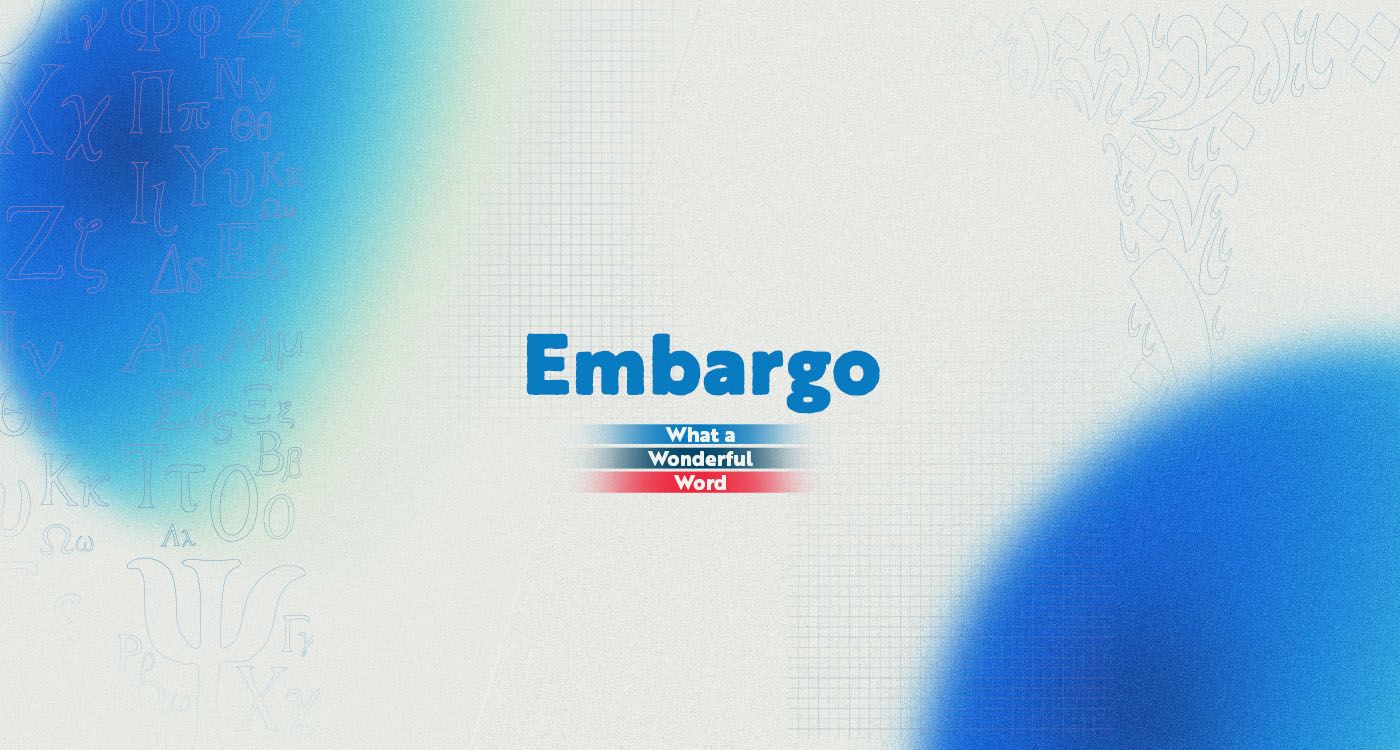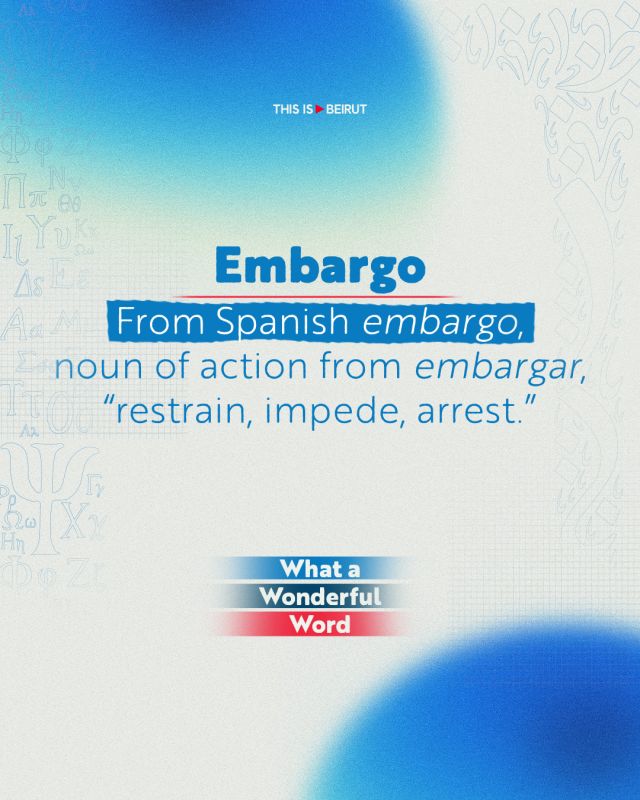
As Washington and Beijing escalate their latest round of tit-for-tat trade restrictions, and Iran remains under sweeping international sanctions, one word resurfaces at the heart of global power struggles: embargo. Once a maritime measure to restrain foreign ships, it has become a strategic weapon, capable of isolating states, pressuring regimes, and redrawing geopolitical alliances.
On January 1, 2025, the United States tightened its technological embargo on China, doubling tariffs on a wide range of strategic goods, from semiconductors to industrial equipment. Beijing retaliated ten days later with countermeasures targeting American agricultural products, adding a new chapter to the escalating economic confrontation between the world’s two largest powers.
Meanwhile, Iran remains under intense “maximum pressure” sanctions over its support for Hamas, its arms shipments to Russia, its backing of the Houthis, and human-rights violations.
Today, the embargo has become a lever of power, a tool of political pressure, and a battlefield of global geopolitics.
At the Origin of the Word: To Restrain, To Bar, To Seize
The term comes from the Spanish embargo, meaning “seizure, arrest, impediment”, derived from embargar, “to restrain, impede, or bar.”
Spanish embargar itself comes from the Vulgar Latin form imbarricare, built on barra (“bar”), with the prefix in- (“in, upon”).
The English word “embargo” entered the language in the early 17th century, first documented as a noun around 1602. Originally, the meaning was strictly maritime. An embargo was an act of state power: holding foreign vessels in port to exert pressure.
From the 18th century onward, the sense broadened. An embargo could prohibit exports, restrict the circulation of strategic goods, or, by extension, apply figuratively. For example, “embargoing” information to delay its release.

The Embargo: A Political Weapon
Today, an embargo is one of the most forceful tools in international diplomacy. It is a sanction, imposed by a sovereign state, an international organization, or a coalition, designed to coerce, isolate, punish, or deprive a target of essential economic flows – all without military intervention.
Data compiled by Castellum.AI illustrate how dramatically sanctions have expanded in recent decades. In the 1990s, only a handful of states were affected. By 2024, 27% of all countries worldwide were under some form of sanction.
The same report notes that the U.S. issued more sanctions in 2024 than all other major jurisdictions combined, powered by the strategic use of the Office of Foreign Assets Control (OFAC), one of the most influential instruments of American foreign policy.
Pressure Tool or Instrument of Interference?
An embargo is inherently double-edged. Designed to influence state behavior and preserve international order, it also acts as a powerful tool of geopolitical leverage – reshaping spheres of influence, accelerating economic realignments, and pushing sanctioned countries toward new partnerships.
States under embargo increasingly adapt: they diversify alliances, create alternative trade circuits, and build parallel financial systems.
New blocs take shape. Counter-alliances emerge.
This leaves us with a central question:
In a world where economics has become a battlefield, does the embargo truly protect peace… or does it contribute to reshaping the global map of power?


Comments